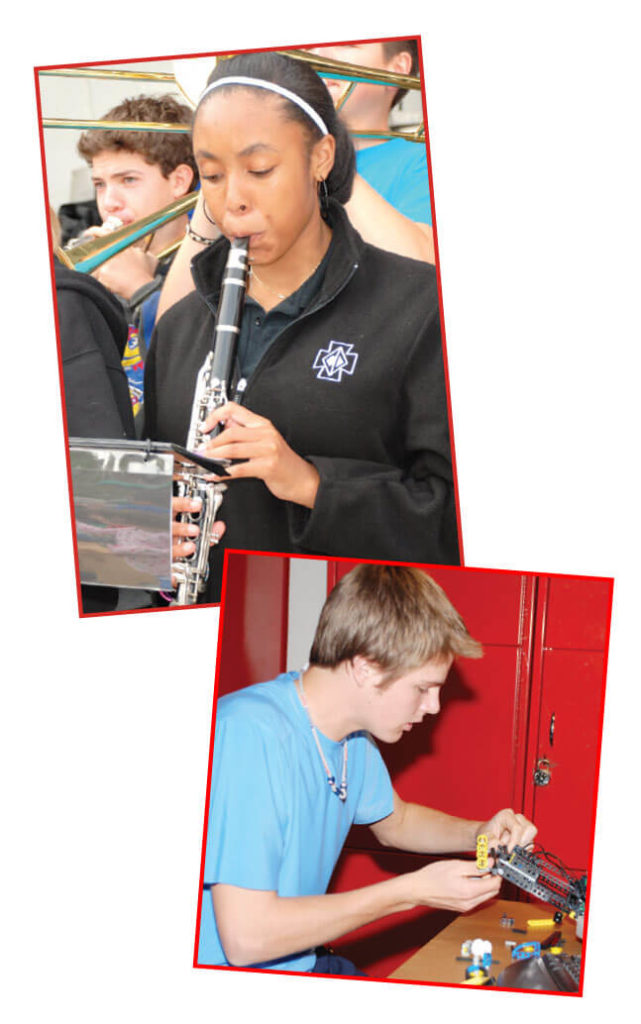
“If you’ve got it, flaunt it.” That seems to be the message of this Sunday’s gospel reading. If you bury your talents, a harsh judgment is going to fall on you. Let your light shine. Show your stuff. Make your mark. Is this what Jesus is saying?
Let’s look closer. High-school and college-age people struggle with figuring out what their talents are, how they can put them to use, establish a career, hold onto a good job, lead a successful life. Most of us resolve this struggle by trying to figure out what we are good at.
Some of us are artistic. Some of us have fine verbal skills. Others have mathematical ability. Some of us are good at making or fixing things. A number of us do well in music, athletics, or science. These talents are individual. Some of them run in families.
Basically, each of us has to find out what our own unique talents are and make the best possible use of them. For our purposes, we’ll call these “second-level talents.”
There is another set of talents, common to all of us, which we’ll call “first-level talents.” These talents have to do with the way we are with each other. They have to do with caring for our neighbors, reconciling differences, showing mercy, being creative about problems that arise among and between people.
As we grow in relationship with other persons and with the world around us, these first-level talents emerge. Usually, we discover them in ourselves through other people in our lives who show us, in one way or another, that we are worthwhile human beings.
These first-level talents can be cultivated. Our Catholic religion teaches us that we have the potential for being good, loving people and contributors to our society. The coming of Jesus into the world tells us that God can be found in the world. If God was in Jesus, then God can be in us.
Jesus’ coming suggests that we have within us a divine spark, a light that shouldn’t be hidden under a bushel basket. That divine spark can make us more fully human, more fully alive, more committed to serving people in need. It can help us recognize and appreciate the good in others.
Second-level talents can only develop fully if our first-level talents are also emerging. We develop our first-level talents when we invest by listening to others as they try to think ideas and plans out, by creating fun for our friends, by making a place for kids others tend to leave out, by joining in group activities, by playing and praying together.
We all have the divine spark. God is here, among us and within us. We’ve got it; how can we choose to flaunt it? We can each choose to use our talents and make a difference.
Our Deepest Fear
by Marianne Williamson
Our DEEPEST FEAR is not that we are INADEQUATE. Our deepest fear is that we are POWERFUL beyond measure. It is our light, not our darkness that most FRIGHTENS us. We ask ourselves who am I to be brilliant, gorgeous, talented, fabulous? Actually, who are you not to be? You are a child of God. Your playing small does not serve the world. There’s nothing enlightened about shrinking so that other people won’t feel insecure around you. We are all meant to shine, as children do. We were born to make manifest the glory of God that is within us. It’s not just in some of us; it’s in everyone. And as we let our own light shine, we unconsciously give other people permission to do the same. As we’re liberated from our own fear, our presence automatically liberates others.
From the book A RETURN TO LOVE by Marianne Williamson. Copyright© 1992 by Marianne Williamson. Reprinted by arrangement with Harper Paperbacks, an imprint of HarperCollins Publishers.
